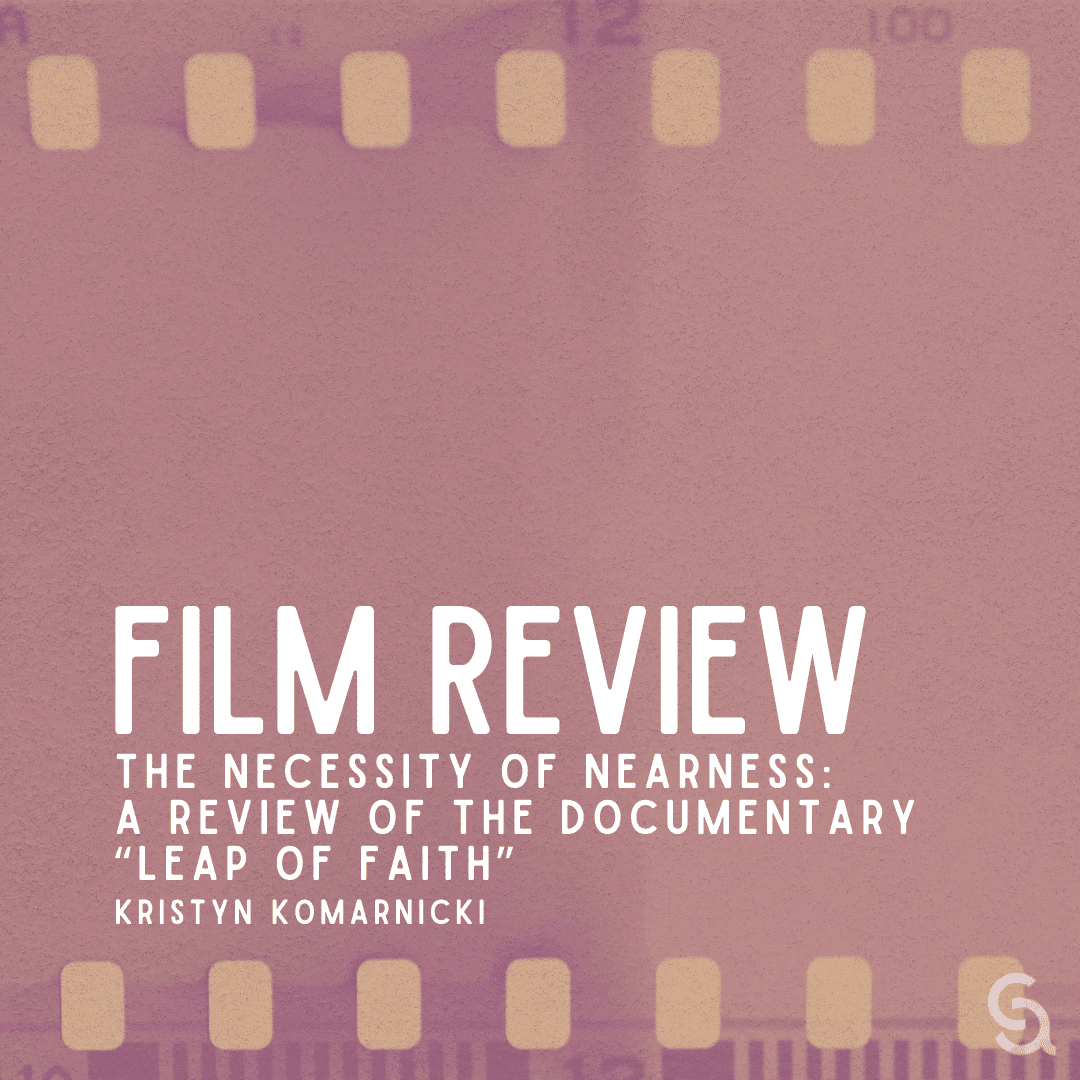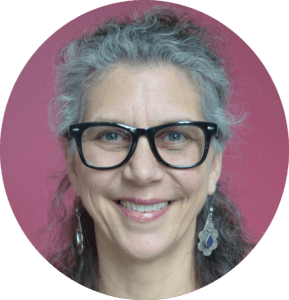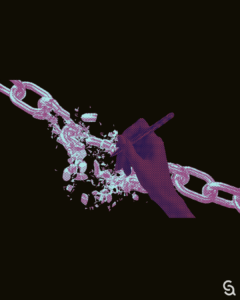 Love in the midst of discomfort
Love in the midst of discomfort
Love your God, love your neighbor as yourself. All the law and the prophets rest on these two commands…
Leap of Faith is a full-length documentary from Nicholas Ma and Morgan Neville (Won’t You Be My Neighbor?) featuring pastors who commit to meeting for a year to look for a path to unity in the midst of polarized times.
Michael Gulker, as director of The Colossian Forum, has been bringing Christians together across significant political and theological differences for 13 years. But in 2023, he gathered a group of a dozen pastors, all from Grand Rapids, Michigan, for a series of retreats to listen to, understand, and ultimately partner with each other—in conversation, in ministry, in friendship—in front of the cameras.
They have in common a love of God and God’s people, the heavy burdens of leadership in a broken world, and a desire to connect their congregations for the greater good of their city. It’s hard work: they wrestle openly with the challenge of showing up authentically; they wonder about the value of these relationship—building retreats when the world outside is “on fire”; they struggle with the lack of clear answers. Led by Gulker and other Colossian Forum facilitators, the group ambitiously sets out to discuss a wide variety of issues—race, class, gender, immigration, gun control. They highlight their differences of belief when it comes to, for example, the bodily resurrection of Jesus, abortion/reproductive rights, and whether or not they would officiate a same-sex marriage.
And that’s when the wheels start to buckle. With only one queer-identifying person in the group (Pastor Joan), their theological differences around sexuality take on a weight that appears to catch them all by surprise. Some are confronted for the first time with the discomfort of holding a theological position that is obviously hurtful to someone they have come to care for deeply. Others are weary of the sexuality conversation and frustrated by the group’s consistent return to the topic. Pastor Joan is brave in her vulnerability, loving and wise in her honest responses…and painfully out-numbered.
As director of CSA’s Oriented to Love program, much of this process filmed over the course of a year’s gatherings makes my heart sing. I recognize the powerful relational fruits of shared meals, shared play, courageous vulnerability, and how these things pave a way toward helping us truly see, learn from, and genuinely enjoy each other. I witness this transformation at every dialogue I facilitate—the movement from shyness and trepidation to delight and trust and friendship in the course of a single weekend. It’s a remarkable work of the Spirit, who shows up in similar ways every time we gather a dozen Jesus-followers to lean into our differences and seek out the image of God in our sexual, gender, and/or theological “other.”
But Oriented to Love dialogue groups are made up of equal numbers of LGBTQ+/queer Christians and straight-cisgender Christians, so we don’t have the excruciating imbalance portrayed in the Leap of Faith group. Whereas the organizers made an effort to achieve some level of racial diversity—so that the people of color in the group share the burden of representing the reality of their lived experience—Pastor Joan stands alone in her queerness, and, like a ship with poorly distributed cargo, the project begins to list dangerously.
However, God specializes in making beauty from ashes, and it is this very pain point that forces the group to get truly honest with each other. There is no doubt that Pastor Joan pays the highest price for this invitation to transformation; but she is no victim. Like Jesus, she leans into it, exercising her agency by bearing the cost of living into her calling while refusing to hide her wounds. This is unjust and, at times, excruciating to watch: A hurtful misstep, a couple of confessional side conversations, and an awkward processing session beg the question of whether or not the group has matured enough in its relationships—and embraced the Spirit with enough courage and vulnerability—to survive the high seas they’ve entered.
Quietly the camera shifts to Gulker’s home, where we learn that he is dad to two queer-identifying kids, has been questioning the traditional theology he’s long held on sexual and gender diversity (and which his donors have long assumed), and is torn between the person he wants to be for his kids and the person his organization expects him to be. The existential questions that emerge here are relevant to all of us, regardless of what topics prompt them, and I am grateful for the private, tender moments of soul-searching that Gulker allows to be filmed and that the filmmakers treat with such sacred respect.
Ultimately the pastor cohort fumbles its way towards love within the tension, their group process running parallel to the internal struggle of Gulker, a leader torn between two competing selves. As Pastor Ashlee muses at one point, “I think this is a love story.” She suggests that what they’ve been doing together is something bigger than what is expressed in the Colossian Forum’s guiding verse—”In Christ, all things hold together” (Col. 1:17): They’ve been moving towards “something beyond being intact,” she says, “and I think it’s love.”
The film brings to mind the words of the 13th-century poet Rumi, who issues this stunning invitation, so foreign to the culture wars and theological idolatry that pass for Christianity in the U.S. these days:
Out beyond ideas of wrongdoing and rightdoing,
There is a field. I’ll meet you there.
When the soul lies down in that grass,
The world is too full to talk about.
Ideas, language, even the phrase each other
Doesn’t make any sense.
The film ends with each member paying tribute to one other pastor in the group. They laugh, wipe away tears, marvel at the deep connections they have formed. When the cohort disbands, as planned, at the end of the year, these pastors part deeply bonded by God’s love, friends of iron who are able and willing to sharpen and shape, hurt and heal each other. Together they’ve built something stronger and so much better than a truce. They’ve built trust.
I wholeheartedly encourage you to watch this film, because, as Gulker reflects at the end of the film, “The deepest truth of the world is that we were made to love God and love our neighbor, and everything else you figure out along the way. And you have to do that together … with your neighbor who is not you.”
Go to the Leap of Faith website to host a screening or to stay up to date on the film.
 Kristyn Komarnicki is the director of dialogue and convening for Christians for Social Action and the program director of CSA’s Oriented to Love dialogue program.
Kristyn Komarnicki is the director of dialogue and convening for Christians for Social Action and the program director of CSA’s Oriented to Love dialogue program.


